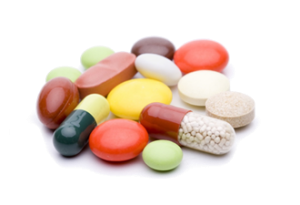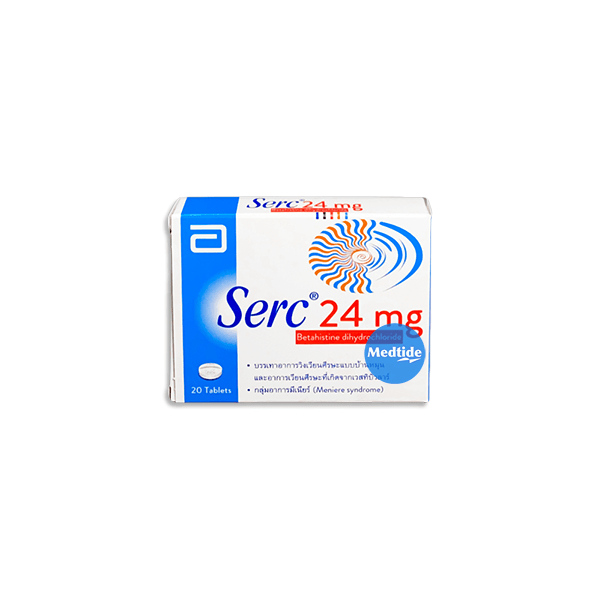
The most frequently used antihistamines to treat motion sickness include cyclizine, dimenhydrinate, meclizine, and promethazine (oral and suppository) nonsedating antihistamines appear to be less effective.
#Meclizine dosage for vertigo trial
Medications used to treat motion sickness can vary in effectiveness and side effects suggest travelers take a trial dose of medication at home before departure to find what works best for them. Most people, in time, notice a reduction in motion sickness symptoms. ☐ Gradually expose yourself to continuous or repeated motion sickness triggers. ☐ Some people recommend using acupressure or magnets to prevent or treat nausea, although scientific data are lacking on how effective these interventions are for preventing motion sickness. Controlled breathing, listening to music, or using aromatherapy scents like mint, lavender, or ginger. Quitting (even short-term) reduces susceptibility to motion sickness. Being sleep-deprived can worsen motion sickness symptoms. ☐ Maintain hydration by drinking water, eating small meals frequently, and limiting alcoholic and caffeinated beverages. Lie face down, shut your eyes, try sleeping, look at the horizon. ☐ Optimize your position to reduce motion or motion perception (e.g., drive a vehicle instead of riding in it sit in the front seat of a car or bus sit over the wing of an aircraft hold your head firmly against the back of the seat choose a window seat on flights and trains). Try to avoid situations that tend to trigger your symptoms. For a complete list of motion sickness–associated signs and symptoms, see Box 8-06. People with motion sickness commonly experience dizziness headache nausea, vomiting, or retching sweating. Motion sickness typically occurs after a triggering motion or event. People with a history of migraines, vertigo, and vestibular disorders are more prone to motion sickness. Some prescriptions can worsen motion sickness–associated nausea. Pregnancy, menstruation, and taking hormone replacement therapy or oral contraceptives have also been identified as potential risk factors. Adults >50 years are less susceptible to motion sickness.


Children aged 2–12 years are especially susceptible, but infants and toddlers are generally immune. Risk factors for motion sickness include age, sex, preexisting medical conditions, and concurrent medications.

People vary in their susceptibility, however. Given sufficient stimulus, all people with functional vestibular systems can develop motion sickness. If you no longer wish to have this DailyMed RSS service, simply delete the copied URL from your RSS Reader.Motion sickness describes the physiologic responses to travel by air, car, sea, train, and virtual reality immersion.
#Meclizine dosage for vertigo for mac os
To view updated drug label links, paste the RSS feed address (URL) shown below into a RSS reader, or use a browser which supports RSS feeds, such as Safari for Mac OS X. What will I get with the DailyMed RSS feed?ĭailyMed will deliver notification of updates and additions to Drug Label information currently shown on this site through its RSS feed.ĭailyMed will deliver this notification to your desktop, Web browser, or e-mail depending on the RSS Reader you select to use. To receive all DailyMed Updates for the last seven days (078301063)Ĭopy the URL below and paste it into your RSS Reader application. MECLIZINE HYDROCHLORIDE (UNII: HDP7W44CIO) (MECLIZINE - UNII:3L5TQ84570)ĬELLULOSE, MICROCRYSTALLINE (UNII: OP1R32D61U)ĬALCIUM PHOSPHATE, DIBASIC, ANHYDROUS (UNII: L11K75P92J)ġ00 in 1 BOTTLE Type 0: Not a Combination Product


 0 kommentar(er)
0 kommentar(er)
